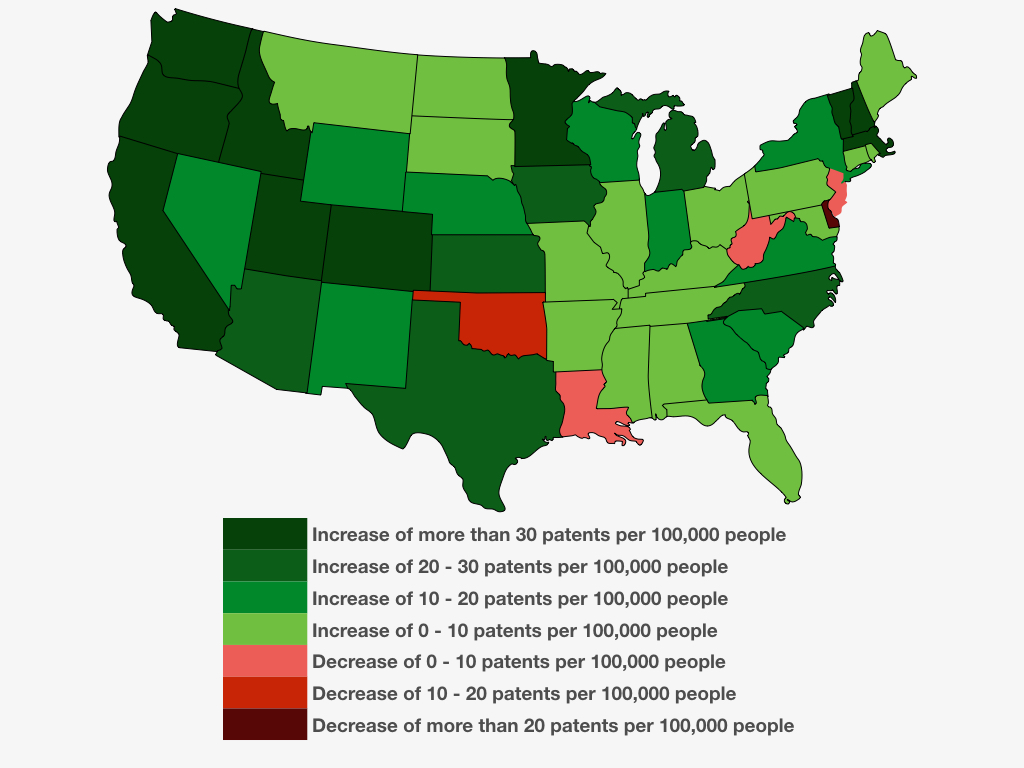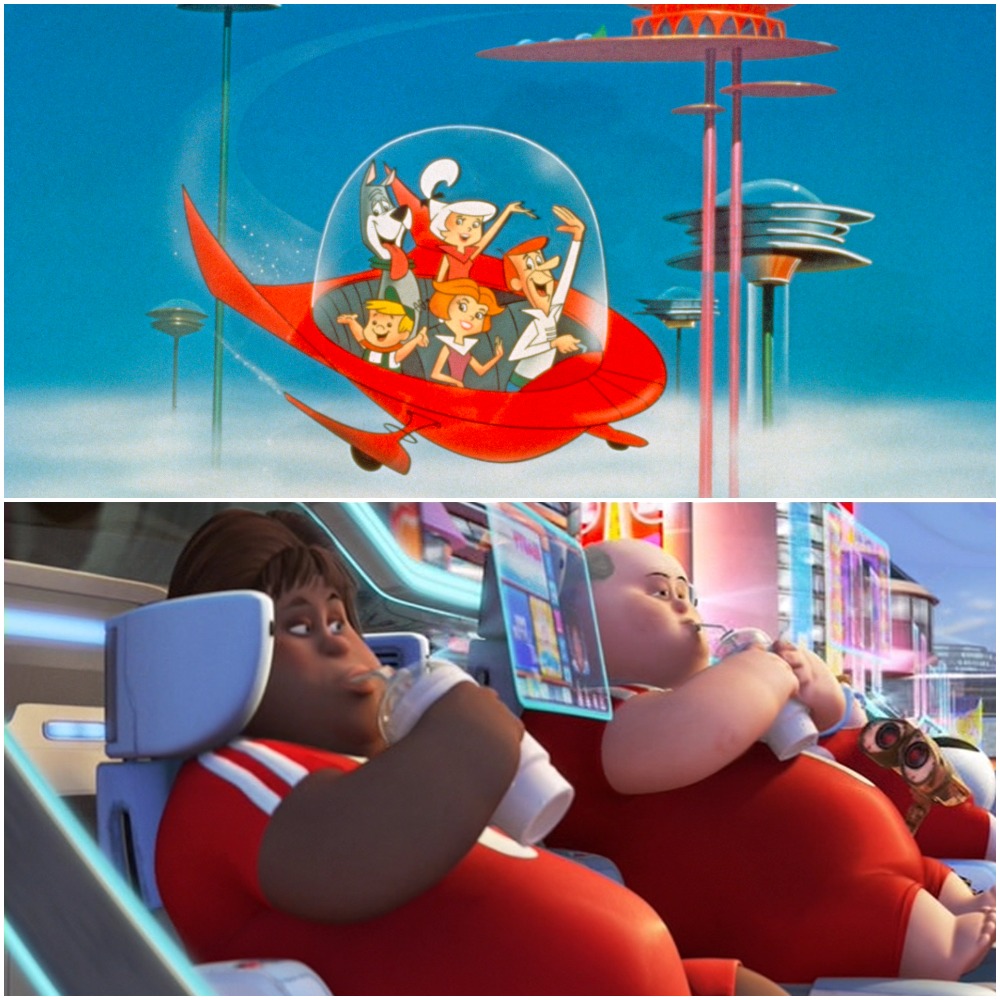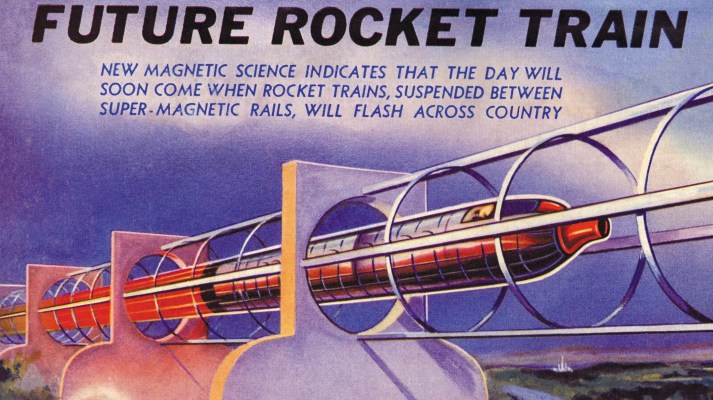The don of the PayPal mafia gave a Trump-esque plea to make innovation great again last week at the Republican National Convention.
Thiel sees the American government locking down innovation and keeping it out of the hands of the American everyman. Instead of innovation for all, he described a dystopian world of governmental incompetence and stifled innovation. But Thiel is wrong. Our government is more innovative now than it has ever been, and inventiveness is on the rise.Peter Thiel grew up in a time when the United States was winning World’s Fairs and conquering outer-space. To Thiel, innovation is about the freedom to dream, and anything short is a disappointment. He assured the crowd at the RNC that Trump would lead America toward a “bright future,” but the reality is that his vision of technology is a romanticized relic, a nostalgic memory of a kid in front of a TV set watching the Jetsons.
“In 1968, the world’s high tech capital wasn’t just one city,” Thiel told the crowd at the RNC, citing exploration of Mars as an area where government has fallen behind. “All of America was high tech. It’s hard to remember this, but our government was once high tech too.”
Thiel’s narrative is a potent one for those left out of the Silicon Valley gold rush. But Americans should be confident in technology. 90 percent of US states have seen an increase in patent output per capita since Thiel’s ideal benchmark of 1968. Thiel himself has profited off investments in companies that wouldn’t exist if not for government contracts and subsidies.
Nearly all of America is more inventive than in 1968
Thiel fetishized the 1960s in his speech while ignoring the immense progress that has been made in years sense. “Opportunity was everywhere, my dad studied engineering at Case Western Reserve University just down the road from where we are now.”
The America of today is building pocket sized satellites, creating spider silk, and designing autonomous vehicles. Since 1968, every state but five has increased its patent output per capita.

Created by John Mannes using data from the USPTO and the US Census
Even though Thiel credits Silicon Valley as a leader of invention, California doesn’t lead the pack when it comes to patents — Washington state, home of Amazon, is number one. While states that have seen the greatest increases in output efficiency are weighted towards the West Coast, states like Minnesota in the mid-west and New Hampshire in the north-east are surprisingly not far behind.
Of course, not every patent gets spun up into an invention, and the patent system itself is in need of reform. But university research spending is up, our universities are more diverse, VC investment is up, and public-private partnerships are all the rage.
 Today’s realities of global warning and a failing healthcare system don’t reward the superfluous inventions that inspired us in the Jetsons. Why bankroll apartments that soar above the clouds when we may not have clouds in a few centuries. Thiel himself has been chastised for his similar grandiose visions of offshore sea colonies. Thiel is making a Jetsons appeal to a world fearing a Wall-E reality. But just because innovation means solving dirty problems — it’s not just landing a rocket on the moon— doesn’t mean that incredible things are not happening.
Today’s realities of global warning and a failing healthcare system don’t reward the superfluous inventions that inspired us in the Jetsons. Why bankroll apartments that soar above the clouds when we may not have clouds in a few centuries. Thiel himself has been chastised for his similar grandiose visions of offshore sea colonies. Thiel is making a Jetsons appeal to a world fearing a Wall-E reality. But just because innovation means solving dirty problems — it’s not just landing a rocket on the moon— doesn’t mean that incredible things are not happening.
When Thiel discredits the startup scenes in Austin, Denver, and Detroit, he is alienating the same folks he hopes to help. There are a lot of places in America that don’t look like Silicon Valley, but the solution isn’t to force them to look like Silicon Valley. Thiel is trapped inside the very Silicon Valley bubble he claims to have escaped.
While the “hacker” mindset may be limited to a minority of Americans, tech hacks of the last five decades have touched every soul. Most of us have internet access and a smart phone to conduct business. A subscription to Amazon Web Services is a click away. Inventions have allowed US real GDP per capita to double since 1968.
Our government is more innovative than in 1968
Americans universally hate their government and Thiel was happy to fill the role of roaster at the RNC. “The future felt limitless, but today, our government is broken,” said Thiel. “Our nuclear bases still use floppy disks. Our newest fighter jets can’t even fly in the rain. And it would be kind to say that the government software works poorly, because most of the time it doesn’t even work at all.”
Public sector adoption of technology has lagged well behind the private sector, but labeling government as broken is nothing more than a platitude. Not only has the Obama administration taken huge strides in its creation of the US Digital Service, the administration has taken a stab at growing Silicon Valley hustle in a city of bureaucrats with 18F. For the first time in history, our government is hosting hackathons, utilizing accelerators, and leveraging open-source technology.
Interestingly, our society appears to no longer champion progress nationalistically. Rather than chanting “USA” for every tech unicorn born, corporations and founders are idealized. Notably, Steve Jobs has been responsible for not one but four movies in the last three years. We are all due for a reminder of just what the US is capable of in a script that doesn’t involve Jason Bourne or Edward Snowden.
Today we have a US Chief Technology Officer and a US Chief Data Scientist. Open-data has powered countless municipal data projects. In New York City, shops can retrieve pedestrian foot-traffic data right from their government. We have a long way to go, but in 1968, interacting with your government meant taking out a pen and paper, licking an envelope, and hoping for the best.
Our government has taken an activist stance on fostering innovation, and Thiel’s projects have benefited from it. Thiel’s own Founders Fund has bankrolled SpaceX, a company whose success has critically depended on government support. SpaceX received a $20 million tax break to construct a launch facility in Texas. The $5.5 billion worth of government contracts that SpaceX has easily dwarf Thiel’s own contribution. To date, SpaceX has raised $1.25 billion from Founders Fund and others.
It would be kind to say that the government software works poorly Peter Thiel
It’s slightly ironic that Thiel would make such a claim about government software given that he himself is in the business of selling software to the government. Thiel founded Palantir back in 2004 to help the government, especially intelligence communities, make sense of big data. It would be foolish to argue that the public sector has been as innovative as the private sector over the last 47 years, but arguing that government is less innovative than 1968 is ill-founded.
Our newest fighter jets can’t even fly in the rain. Peter Thiel
But heck if we want to play the anecdote game, the US spent millions building a flying saucer in the 1950s that couldn’t fly higher than three feet. Rain issues aside, even the F-35 can beat that.
